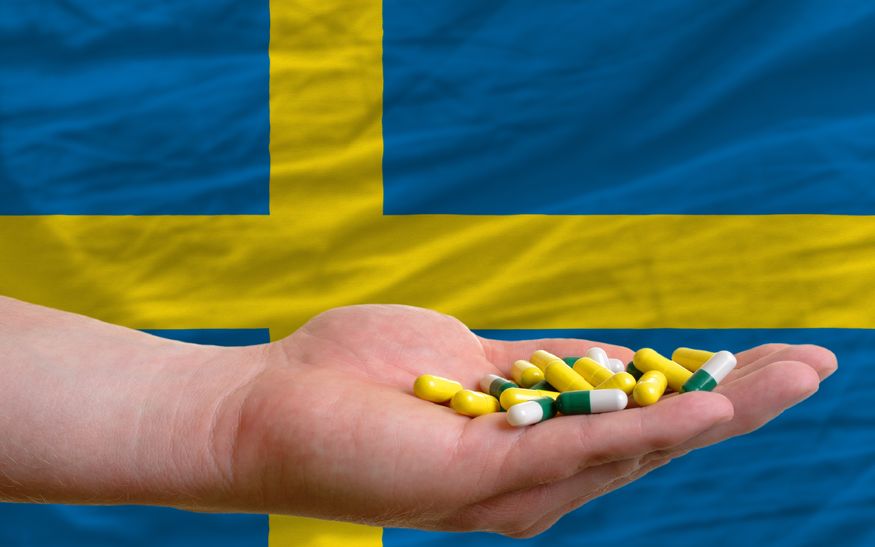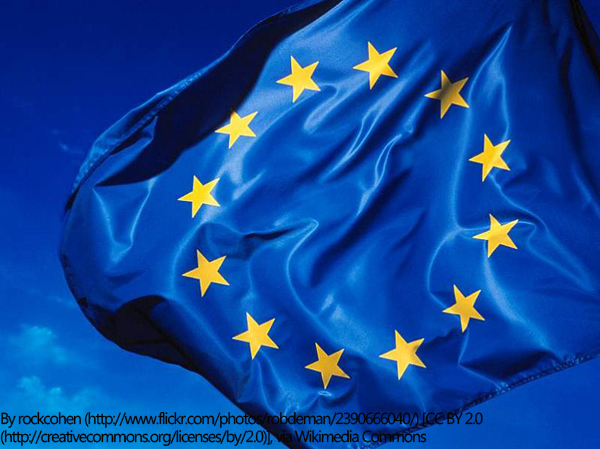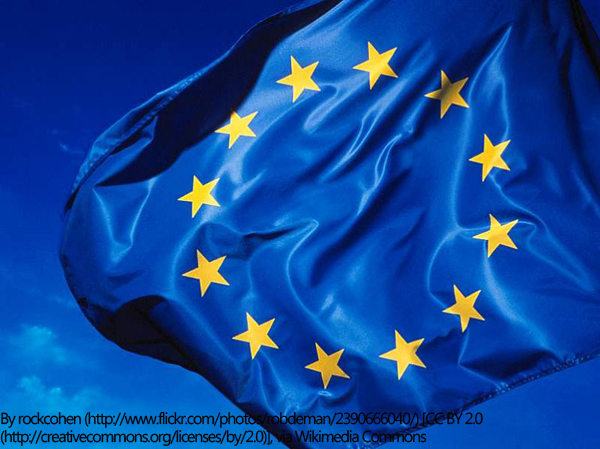Update (February 11, 2019):
The UK food industry has threatened to suspend cooperation with the government because of the “catastrophic impact” of a no-deal Brexit.
In a letter addressed to Environment Secretary Michael Gove more than 30 industry leaders urged the government to delay a range of policy consultations until the terms of Britain’s withdrawal from the European Union (EU) have been resolved.
“If government seeks to press ahead with these consultations it will be seen by some as a sign of bad faith and many organizations may decline to respond,” the group warned in a letter first reported by Sky News.
Until the Brexit uncertainty is over, the group suggests the government delay consultations including further advertising restrictions on foods high in fat, salt or sugar, as well as a national action plan on pesticides and a clean air strategy.
“Neither we nor our members have the physical resources nor organizational bandwidth to engage with and properly respond to non-Brexit related policy consultations or initiatives at this time,” they wrote.
Among those that signed the letter are the National Farmers’ Union, the Food and Drink Federation and the International Meat Trade Association. The plea highlights the group’s frustrations about the continued lack of clarity over the terms of the UK’s departure from the EU.
FoodDrinkEurope, the European trade body, issued a similar statement last month. Warning that a no-deal Brexit would severely impact trade and threaten the country’s food security.
Originally published on January 17, 2019:
The UK Parliament voted a resounding rejection of Theresa May’s proposed Brexit plan. With a vote of 432 to 202, it was the biggest defeat suffered by a government in modern British political history.
Opposition leader Jeremy Corbyn triggered a no-confidence vote in May’s government on January 16, 2019. While the no-confidence motion was defeated by 325 votes to 306, there is still no clear indication of what further Brexit plans May might propose. If nothing changes, Britain will leave the European Union (EU) in ten weeks, on March 29th with no deal in place.
FoodDrinkEurope, the European trade body, issued a statement warning of significant food industry trade disruption in the event of a no-deal Brexit. Cautioning that the UK leaving the bloc without a trade deal needs to be “avoided at all costs”.
“The EU agri-food chain would like to point to the dramatic economic consequences of a no-deal Brexit for EU and UK farmers, food and drink producers, traders in agri-food commodities as well as consumers,” it said.
The statement advised that “burdensome and unavoidable procedures”, such as official controls of goods, sanitary and phyto-sanitary inspections, veterinary certificates and import tariffs would lead to increased delays for checks at borders and raise the costs for both sides.
“It is important that during this period, the UK would continue to abide by existing EU regulations governing food production and to honor its existing commitments,” the statement read.
According to a report by the Conversation, the consumption of foods vital to good health would be most affected by increased trade costs. With the consumption of fruits, vegetables, nuts, dairy and meat all expected to decrease as a result.
“Given the UK’s import dependence, in particular for fruit and vegetables, any Brexit-related increase in trade costs will make it harder to get hold of foods that are critical components of healthy diets and chronic-disease prevention,” Conversation reports.
The UK Farming Roundtable, which consists of organizations representing farmers from all agricultural sectors across the UK, warned that EU legislation could result in a trade embargo on the export of UK animal-based products to the EU as a result of a “no deal” scenario.
“These products can only be imported by the EU from approved countries, and it could take months for such status to be granted to the UK,” the statement reads. “The lamb industry would be particularly impacted. In 2017, 31 percent of domestic sheep meat production, the equivalent of 4.5million sheep, was exported and 94 percent was destined for the EU.”
If a plan is passed prior to the Brexit date, analyzing its potential implications is challenging. Proposals range from various forms of “soft Brexit” that include a new trade agreement with the EU, to a “hard Brexit” in which the UK falls back on tariffs set out by the World Trade Organization.
Either way, it’s certain that the implications of Brexit will ripple around the globe. Not only is the UK the fifth biggest national economy in the world, but it is also America’s fourth-largest export market.
The withdrawal is also expected to diminish business growth for companies that operate in Europe. With many corporations utilizing the EU as a gateway to free trade throughout Europe.
US businesses are the most significant investors in the UK, investing nearly $600 billion and employing more than a million people, according to a survey by The Transatlantic Economy 2017. In order to protect against a potential hard Brexit or no deal, many companies have already opened subsidiaries elsewhere in Europe.
For many, Brexit is seen as a massive backlash against globalization. It’s possible that the UK’s withdrawal is just the beginning, with other EU countries now more likely to consider heading for the door.








Join or login to leave a comment
JOIN LOGIN